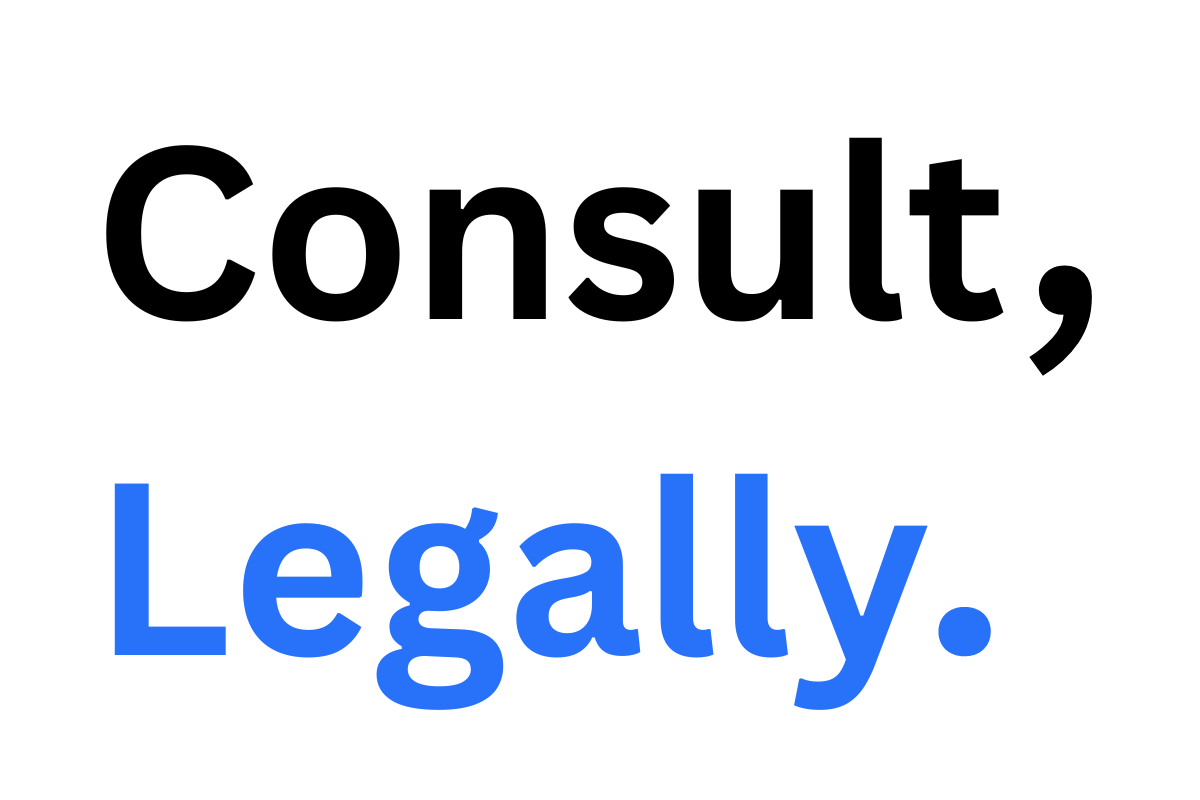Leaving a job can be an overwhelming process, whether it’s for career growth, personal reasons, or a better opportunity. One common professional practice is providing a two-week notice before resigning, allowing the employer time to transition responsibilities and find a replacement. However, many employees wonder: “Can an employer fire you after giving 2 weeks’ notice?” The answer largely depends on employment laws, workplace policies, and the specific circumstances surrounding your resignation.
In this article, we will explore the legal aspects of termination after notice, reasons employers may choose to terminate early, employee rights, and steps to take if you find yourself in this situation.
Understanding At-Will Employment and Wrongful Termination
Most employees in the United States work under at-will employment contracts, meaning that either the employer or the employee can end the employment relationship at any time, with or without cause, and without prior notice. This principle gives employers the right to terminate an employee even after they have submitted their resignation notice.
However, at-will employment is not a free pass for wrongful termination. Employers must comply with federal and state employment laws that prohibit firing employees for unlawful reasons. Wrongful termination occurs when an employee is dismissed in violation of legal protections, such as discrimination laws or retaliation for whistleblowing.
Legal Protections Against Wrongful Termination
Several federal laws protect employees from wrongful termination, including:
- Title VII of the Civil Rights Act: Prohibits employment discrimination based on race, color, religion, sex, or national origin.
- Age Discrimination in Employment Act (ADEA): Protects employees aged 40 and older from age-based discrimination.
- Americans with Disabilities Act (ADA): Prevents discrimination against individuals with disabilities.
- Family and Medical Leave Act (FMLA): Provides eligible employees with job-protected leave for medical and family-related reasons.
- Equal Pay Act: Ensures that employees receive equal pay for equal work regardless of gender.
If an employer terminates an employee after they submit their resignation for any of the above unlawful reasons, it could constitute wrongful termination, and the employee may have grounds for legal action.
Reasons Employers Might Fire an Employee After Receiving Notice
Even though it is customary for employers to honor the notice period, there are situations where they might choose to terminate an employee early. Some of the common reasons include:
- Performance Concerns: If an employee has consistently underperformed, the employer may decide that an immediate termination is better for business operations.
- Confidential Information Risks: Employees with access to sensitive company data might pose a risk of sharing proprietary information with competitors, leading to immediate dismissal.
- Security Concerns: Industries such as finance, healthcare, and cybersecurity may perceive an employee as a potential security threat once they’ve decided to leave.
- Conflict of Interest: If the employee’s new position is with a direct competitor, the employer may see it as a conflict of interest and opt for early termination.
- Cultural Misalignment: Some employers may feel that a departing employee no longer aligns with the company culture and would prefer to sever ties sooner.
Why Employers May Choose to Honor the Notice Period
On the other hand, many employers respect the two-week notice and allow employees to work until their departure date. Some of the reasons why employers might choose to honor the notice period include:
- Maintaining Professionalism: Allowing employees to complete their notice period fosters professionalism and goodwill.
- Ensuring a Smooth Transition: Employers benefit from having the departing employee train their replacement and document key processes.
- Protecting the Company’s Reputation: Firing an employee after they have given notice may harm the employer’s reputation and make it difficult to attract new talent.
- Avoiding Legal Risks: Terminating an employee without a valid reason could expose the company to legal liability.
- Maintaining Employee Morale: Abrupt terminations can negatively impact morale among remaining employees, leading to lower productivity and higher turnover.
Can You Take Legal Action If Fired After Giving Notice?
If you are fired after submitting your two-week notice and believe the termination was unlawful, you may have legal recourse. To build a case, you should:
- Review Your Employment Contract: Some employment contracts or company policies may outline specific terms regarding resignation and termination.
- Gather Documentation: Collect performance reviews, emails, witness statements, and any other documentation that supports your case.
- Consult an Employment Lawyer: An employment attorney can help evaluate your situation and determine if you have grounds for a wrongful termination claim.
- File for Unemployment Benefits: Even if you are terminated after giving notice, you may still be eligible for unemployment benefits, depending on state laws and the reason for termination.
Financial Implications of Being Fired After Giving Notice
Being terminated before the end of your notice period may have financial consequences, such as:
- Loss of Pay: Some employers may refuse to pay for the notice period if they choose to terminate the employee early. However, this depends on state laws and company policies.
- Severance Packages: If you have a contract or an agreement outlining severance benefits, you may still be entitled to compensation.
- Unemployment Eligibility: Whether you qualify for unemployment benefits depends on the circumstances of your termination and the applicable state laws.
What are the Steps to Take If You’re Fired After Giving Notice
If you find yourself unexpectedly terminated after providing notice, here are some steps you can take:
- Stay Calm and Professional: Avoid burning bridges by maintaining professionalism during the exit process.
- Request a Termination Letter: Ask for written documentation explaining the reason for termination.
- Update Your Resume and Start Job Hunting: Begin your job search immediately to minimize employment gaps.
- Network: Connect with industry professionals and explore job opportunities through your professional network.
- Know Your Rights: Familiarize yourself with federal and state employment laws to protect your rights.
Conclusion
Yes, an employer can legally fire you after giving a two-week notice, primarily due to the at-will employment doctrine. However, they must do so within the bounds of employment laws to avoid wrongful termination claims. Employees should understand their rights, document their experiences, and seek legal counsel if they suspect unlawful termination.
If you are concerned about your job security after giving notice, consider discussing your situation with HR or a legal professional to protect yourself from potential risks. Being proactive and aware of your rights can help you navigate this transition smoothly and professionally.

